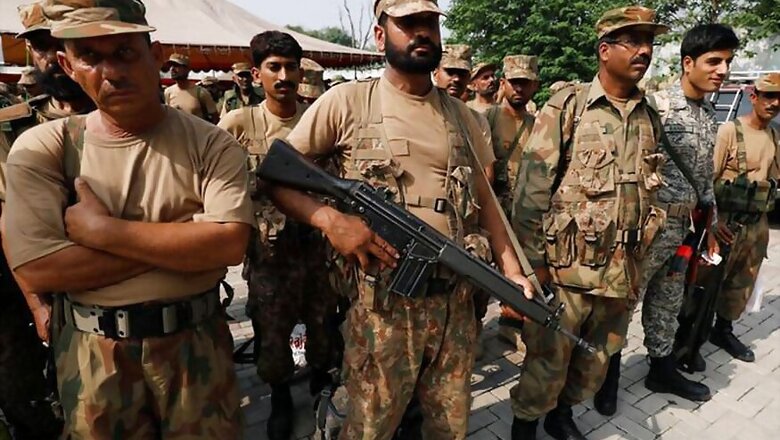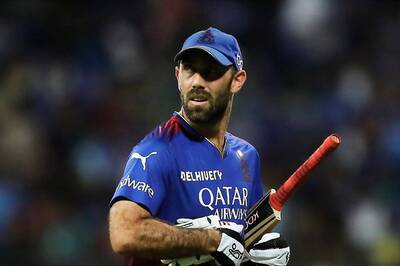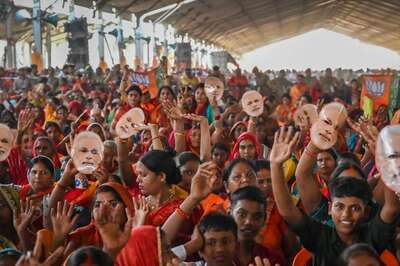
views
Washington: Pakistan's powerful Army is unlikely to change its decades old policy of supporting non-State actors for conducting terrorist activities against its neighbours, a top Mohajir leader said as Prime Minister Imran Khan arrived here for his first meeting with US President Donald Trump.
"It's hard to see a significant shift in the US-Pakistan relationship based on this visit alone. The Pakistani military will have to radically transform its current policy of harbouring and supporting religious extremist elements before Pakistan could expect a significant improvement in relations with the US," Nadeem Nusrat, head of the US-based Voice of Karachi, told PTI.
Representing the Mohajirs based in the US, the Voice of Karachi has planned a series of peaceful protests during Khan's visit against human rights violations by the Pakistani security forces.
Mohajirs are Urdu-speaking people who migrated from India during partition. A large number of Mohajirs reside in Sindh province's urban areas - notably in Karachi, Hyderabad, Mirpurkhas and Sukkur.
Nusrat said that Pakistan, or to be precise, its military establishment, has repeatedly deceived the US by supporting elements that are a threat to American interests and the national security.
"The past US Administrations, for one reason or another, continued to ignore this apparent deception but the current Administration is different. Pakistan now has to demonstrate a meaningful shift in its past policies clearly, or it is likely to face even more financial challenges and growing diplomatic isolation," Nusrat said.
The powerful army, which has ruled Pakistan for more than half of its 70 plus years of existence, has hitherto wielded considerable power in the matters of security and foreign policy.
"Pakistani military establishment, which runs Pakistan, has for long treated religious extremist outfits such as Jamat-ud-Dawa, Jaish-e-Mohammad, etc. as national, or security assets. Some experts believe that these outfits are an extension of the Pakistani military. The real question here is: Can Pakistani Military abandon its prized assets such as JuD and the Taliban? The answer is an emphatic no," he said in response to a question.
Nusrat said JuD chief Saeed may be in prison today, but this hasn't happened for the first time. Saeed has been arrested many times in the past, he noted.
He said that if the country's leadership, in particular, the generals, want Pakistan to become a respectful, viable, prosperous and progressive state, they will have to admit that Pakistan is not home to its Punjabi population alone.
"They will have to allow every ethnic and religious group in Pakistan - Mohajirs, Balochs, Pashtuns, Hazaras, Gilgitis, Baltistanis, Ahmadis, Shias, Christians, Hindus, Sikhs, moderate Muslims - enjoy equal rights and take an equal stake in its affairs. Creating Greater Karachi will be a significant first step in this direction," he said.
The Greater Karachi map that he presented includes Karachi, Hyderabad, and all other Mohajir-majority areas, barring Sukkur, which are part of urban Sindh.
"Pakistan will also have to respect its neighbours and their sovereignty. The era of using proxies to cause terror at home and in neighbouring countries to achieve the so-called security objectives is well and truly over. It is now time to establish a deep friendly relationship with Pakistan's all neighbours," he added.


















Comments
0 comment